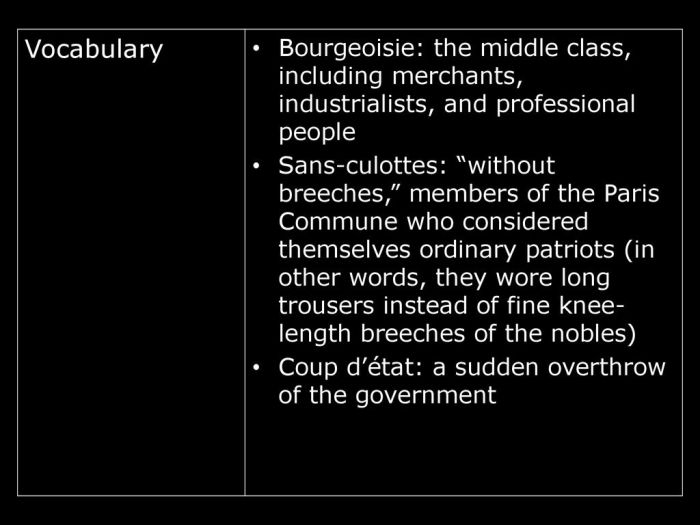The middle class including merchants industrialists and professional people – The middle class, encompassing merchants, industrialists, and professionals, has played a pivotal role in shaping societies throughout history. This diverse group, characterized by their economic and social standing, has influenced cultural, political, and economic landscapes, leaving an indelible mark on the world we live in.
From the bustling marketplaces of ancient civilizations to the boardrooms of modern corporations, the middle class has been a driving force behind innovation, consumption, and social change. Their economic contributions, political activism, and cultural influence have shaped the very fabric of our societies.
The Role of the Middle Class in Society

The middle class, historically a crucial societal pillar, plays a vital role in economic growth, social stability, and cultural development.
Economic Functions
The middle class drives economic growth through its consumption, savings, and investments. Its members are major consumers of goods and services, stimulating economic activity and job creation.
The middle class also contributes to capital formation by saving and investing in businesses and financial markets. This provides capital for businesses to expand and innovate, further boosting economic growth.
Social Functions
The middle class plays a crucial role in shaping social norms and values. Its members tend to be educated and value civic engagement, contributing to a well-informed and engaged citizenry.
The middle class also serves as a buffer between the wealthy elite and the lower classes, promoting social mobility and reducing societal tensions.
Cultural and Political Influence
The middle class has historically influenced cultural and political movements. Its members often support artistic and intellectual endeavors, contributing to cultural diversity and innovation.
Politically, the middle class has played a key role in advocating for democratic reforms, social justice, and economic equality.
The Composition of the Middle Class
The term “middle class” encompasses a diverse group of individuals with varying incomes, occupations, and lifestyles.
Key Characteristics
- Higher levels of education and skills
- Secure and stable employment
- Comfortable standard of living
- Values such as social responsibility and civic engagement
Socioeconomic Groups
| Group | Characteristics |
|---|---|
| Upper Middle Class | High incomes, professional occupations, substantial wealth |
| Middle Middle Class | Moderate incomes, managerial or technical occupations, homeownership |
| Lower Middle Class | Lower incomes, clerical or service occupations, financial constraints |
The Economic Impact of the Middle Class

The middle class is a driving force behind economic growth and prosperity.
Consumer Spending
Middle-class spending accounts for a significant portion of consumer markets, fueling demand for goods and services in various sectors, such as housing, transportation, and entertainment.
Job Creation and Innovation
The middle class supports job creation by investing in businesses and stimulating economic activity. It also drives innovation by providing a skilled workforce and funding for research and development.
The Social and Political Influence of the Middle Class

The middle class exerts significant social and political influence.
Social Norms and Values
Middle-class values, such as education, hard work, and social responsibility, shape societal norms and expectations.
Political Power and Activism
The middle class has historically been politically active, advocating for policies that promote economic equality, social justice, and democratic governance.
Challenges and Opportunities for the Middle Class: The Middle Class Including Merchants Industrialists And Professional People

The middle class faces challenges in the 21st century.
Economic Inequality
Rising economic inequality has eroded middle-class incomes and wealth, threatening their economic security.
Technological Disruption
Technological advancements, while creating new opportunities, can also displace middle-class jobs, leading to economic insecurity.
Opportunities, The middle class including merchants industrialists and professional people
Despite these challenges, opportunities exist for the middle class to adapt and thrive.
- Investing in education and skills to remain competitive in the job market
- Embracing entrepreneurship and innovation to create new income streams
- Advocating for policies that support middle-class families and businesses
Popular Questions
What is the historical significance of the middle class?
The middle class has played a pivotal role in driving economic growth, fostering social mobility, and promoting political stability throughout history.
How does the middle class contribute to economic growth?
The middle class is a major consumer of goods and services, driving economic growth and creating demand for a wide range of industries.
What are some examples of the middle class’s influence on cultural and political movements?
The middle class has been instrumental in promoting literacy, education, and the arts, as well as advocating for social and political reforms.